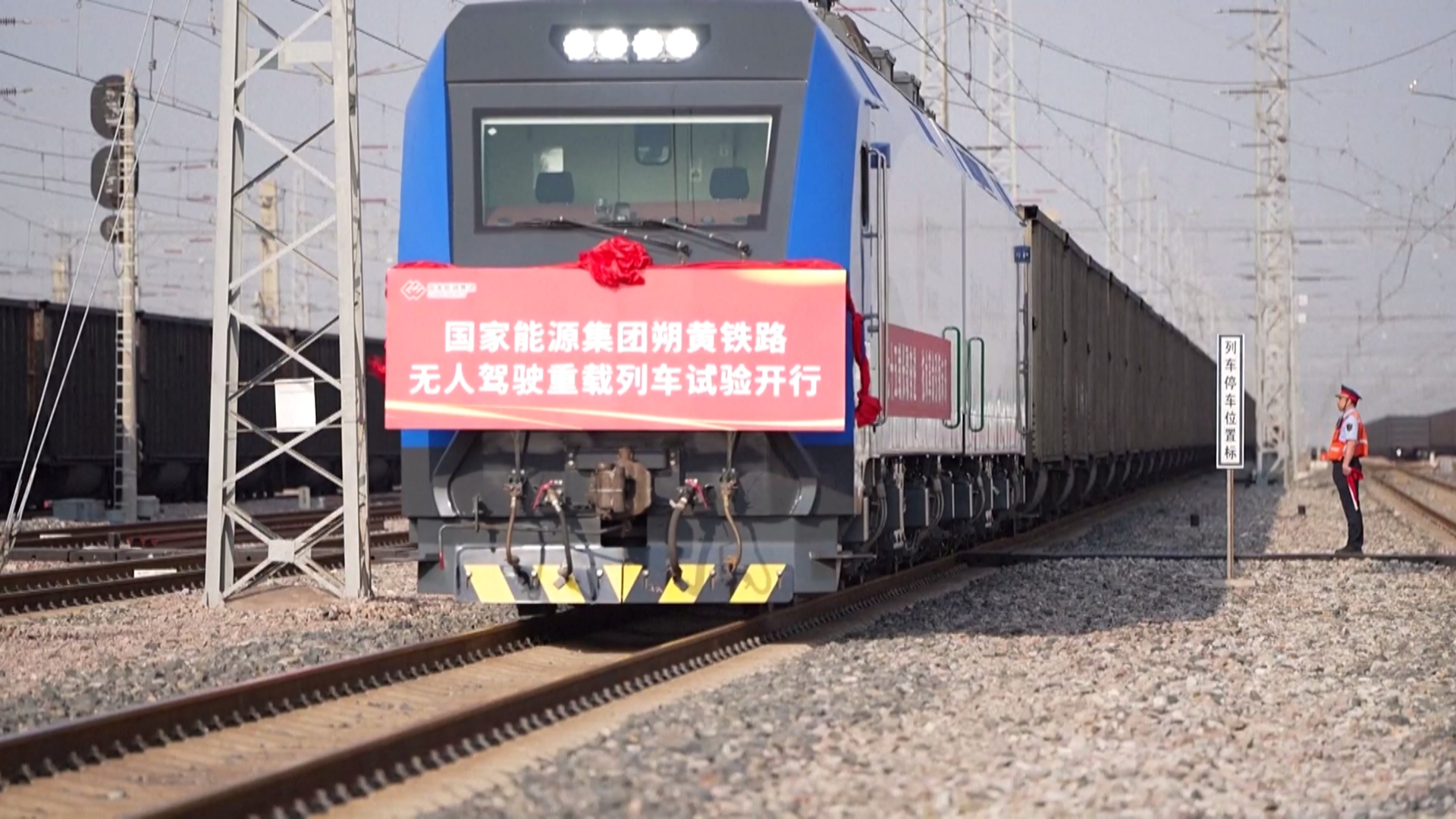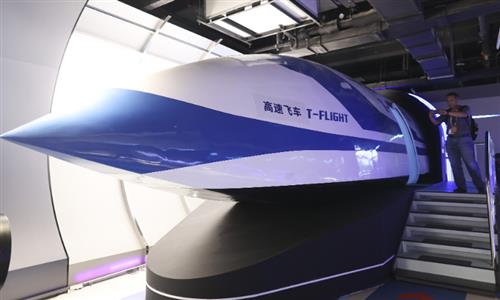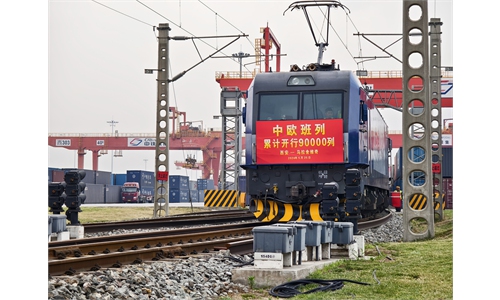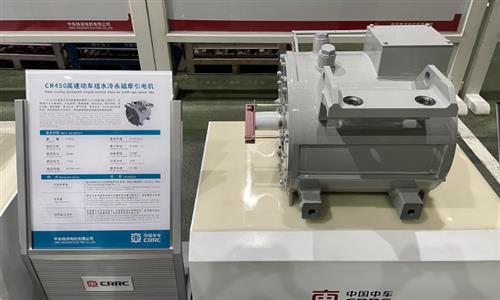China completes trial run of unmanned heavy-haul train on major coal transport route

Photo: VCG
China completed a trial operation of an unmanned heavy-haul train on the railway connecting North China's Hebei and East China's Shandong provinces, marking a key milestone in advancing from automated to unmanned heavy-haul railway technology.
The test train, comprising108 cars with a total length of nearly 1,300 meters and a total weight of 10,800 tons, travelled from Huanghua city in Hebei to Dongying city in Shandong in two and a half hours on Thursday, according to China Media Group (CMG). The test route is primarily used for coal transport.
Once unmanned driving is widely adopted, the average operation speed of nation's trains will be increased by 1.7 kilometers per hour, while the average traction energy consumption will decrease by 2.9 percent, significantly boosting transportation efficiency of China's west-to-east coal transportation, CMG reported.
Previously, the unmanned train technology was primarily used in urban rail systems both in China and abroad, and has not yet been applied on a large scale on heavy-haul transport railways.
The test train was independently produced and controlled, from key technologies to management models, according to the Economic Information Daily. The research team created China's first smart heavy-haul railway transportation paradigm featuring a centralized station control system and intelligent train driving system.
Three key technologies of the test train - comprehensive support and simulation, remote control and autonomous driving, and integrated safety monitoring from air, space, and ground - fill critical manufacturing gaps in China.
The Line 27 phase I of the subway system in Chengdu, Southwest China's Sichuan Province, commenced no-load trial operation on September 19, 2024. It will be the city's second fully automated subway line, after Line 9, which launched in December 2020, China News Service reported.
Global Times



